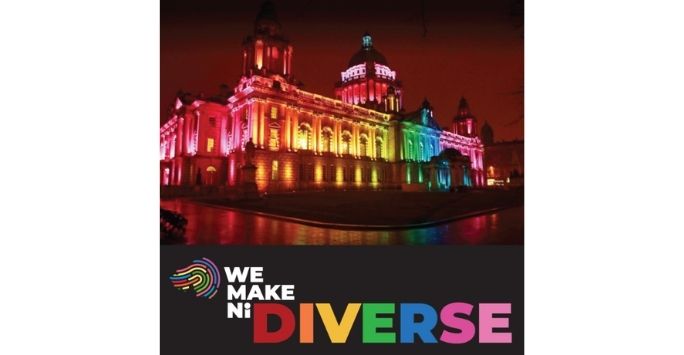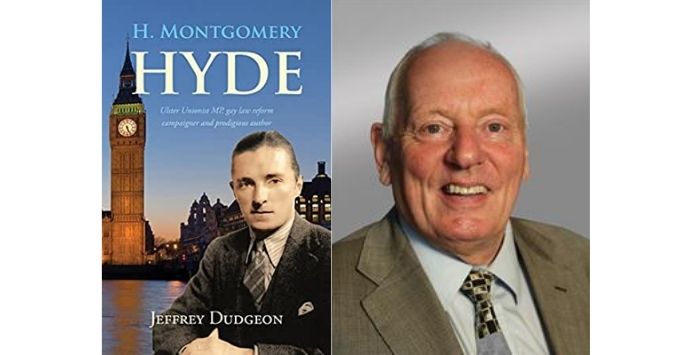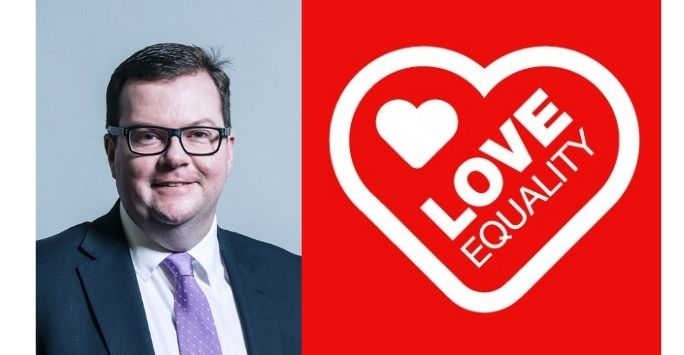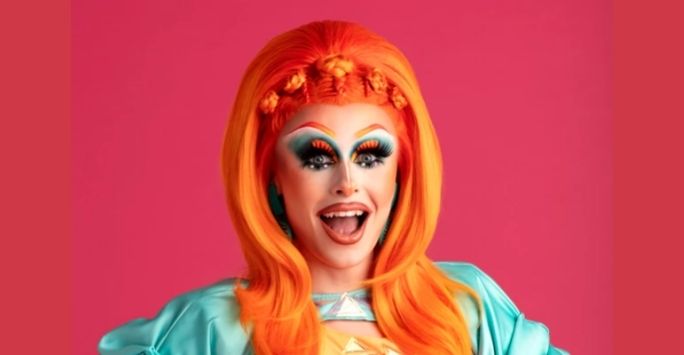Northern Ireland's LGBT Achievements
Northern Ireland has much to be proud of in achieving equality for LGBT people and representing LGBT+ themes on a world stage, ranging from politics to popular culture including film, music and arts/entertainment.
One does not have to necessarily be LGBT+ to contribute to the rights and representation of the LGBT community and its exclusion. Quite often, heroes to the LGBT community are those who recognise, people like me as just like them and that we and they share the same hopes and dreams. Even simply including or representing an LGBT theme in culture can mean a lot to LGBT people in recognising the many challenges we face in society.

For me, one of the earliest LGBT+ heroes I can think of is the largely-unknown 1950s Ulster Unionist MP for North Belfast (1950-59) H. Montgomery Hyde, who spoke in favour of decriminalising homosexuality in a debate concerning the Wolfenden Report, which would later lead to the passage of the Sexual Offences Act 1967 that legalised homosexuality in England and Wales.

(H. Montgomery Hyde: Ulster Unionist MP, Gay Law Reform Campaigner and Prodigious Author (2018) Book Cover (left) written by Jeffrey Dudgeon (right) who brought the case legally challenging the criminalisation of homosexuality in Northern Ireland)
Homosexuality would later be decriminalised in Northern Ireland in 1982 as a result of the Dudgeon v United Kingdom case involving NI gay-rights activist and unionist Jeffrey Dudgeon. The European Court of Human Rights (ECtHR) ruled that Northern Ireland’s criminalisation of homosexual acts between consenting adults was a violation of Article 8 of the European Convention on Human Rights. This was the first successful case before the ECtHR on the criminalisation of male homosexuality that eventually paved the way for the decriminalisation of male homosexuality in Norris v Ireland (1988) in the Republic of Ireland in 1993.
Same-sex marriage would later be legalised in Northern Ireland in 2020, as a result of an amendment proposed by the NI-born Labour MP for St Helens North, Conor McGinn, to the Northern Ireland (Executive Formation etc.) Bill in 2019 that would later pass through Parliament with the help of a further amendment made by Conservative Peer Lord Hayward. McGinn’s amendment was on the back of years of campaigning for same-sex marriage by the Love Equality campaign, launched in 2016 by the Rainbow Project, Irish Congress of Trade Unions, National Union of Students-Union of Students in Ireland, Amnesty International, Cara-Friend and Here NI. Another example of inter-community resistance and lobbying.

(NI-born Labour MP for St Helens North, Conor McGinn (left) and the Love Equality logo (right) of the Love Equality campaign group in Northern Ireland that campaigned for same-sex marriage)
Northern Ireland has not only made contributions to LGBT+ equality in the political field. In popular culture, Northern Ireland has brought LGBT+ themes to film on the world stage. The Crying Game (1992), directed by Sligo-born director Neil Jordan, starring Northern Ireland actors Stephen Rea and Adrian Dunbar alongside Miranda Richardson and Forest Whitaker. It tells a complex story of love and friendship during the time of the NI Troubles that deals with the themes of race, sexuality, gender and nationality. The film challenges preconceived beliefs and questions loyalty to political causes. Similarly, in the British prison film Starred Up (2013), filmed in former NI prisons HM Prison Crumlin Road and HM Prison Maze, directed by David Mackenzie, starring Jack O’Connell, Ben Mendelsohn and Rupert Friend, an LGBT theme is casually referenced to the surprise of both the audience and the characters in the film.
On the platform stage of music, NI singer-songwriters Brian Kennedy and Conleth Kane have shown the world their musical talent. Brian has enjoyed a musical career that has spanned decades, including competing in the 2006 Eurovision Song Contest for Ireland in Athens singing ‘Every Song is a Cry for Love.’ Conleth released his debut album ‘Liberty’ in 2020, which managed to make its way into the top ten of the iTunes Singer-Songwriter Chart.

(NI drag queen Blu Hydrangea)
In the LGBT arts and entertainment scene, NI drag queen Blu Hydrangea was a competitor in the first series of RuPaul’s Drag Race UK (2019), a reality competition TV show where drag queens compete against each other in various challenges. RuPaul’s Drag Race enjoys international acclaim and is watched by many people all over the world.
There are many more individuals in Northern Ireland who have made a contribution to LGBT equality and representation in politics and popular culture at a local level as well, many of whom I know and have enjoyed their contribution to society. For me, what’s important is to challenge the falsehood I hear too often that Northern Ireland has nothing to be proud of in terms of LGBT+. Pride in Belfast is massive and growing and a parade through public space that includes all genders, sexualities, faiths and otherwise. It is resonant of a society that is inclusive. It is not possible to sectarianize or bring identity politics into that world of mutual respect and appreciation. In fact, we have a lot to be proud of. Northern Ireland has its own LGBT+ history and contemporary LGBT+ heroes and I am confident we will produce many more for the world to see.